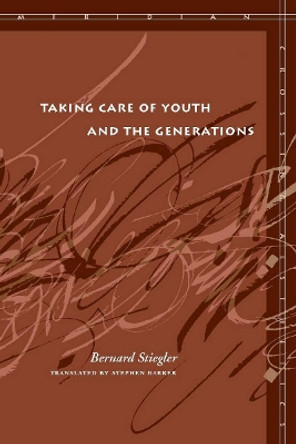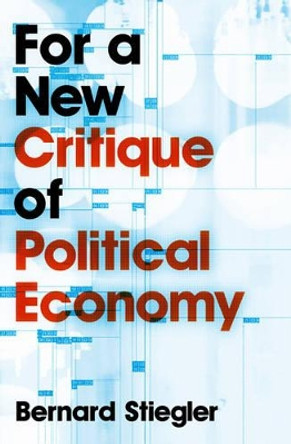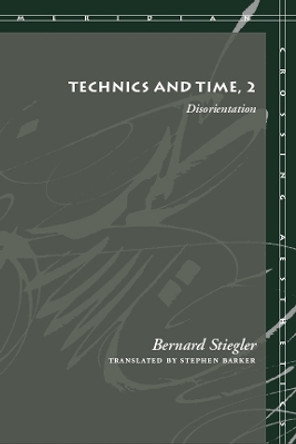Description
Bernard Stiegler is one of the most original philosophers writing today about new technologies and their implications for social, political and personal life. Drawing on sources ranging from Plato and Marx to Freud, Heidegger and Derrida, he develops a highly original account of technology as grammatology, as a technics of writing that constitutes our experience of time, memory and desire, even of life itself. Society and our place within it are shaped by technical reproduction which can both expand and restrict the horizons and possibilities of human agency and experience.
In the three volumes of Disbelief and Discredit Stiegler argues that this process of technical reproduction has become dangerously divorced from its role in the constitution of human experience. Radically challenging the optimistic view of new technologies as facilitators of learning and progress, he argues new marketing techniques shortcircuit thought and disenfranchise consumers, programming them to seek short-term gratification. These practices of 'libidinal economics' have profound consequences for nature of human desire and they underpin the social and psychological malaise of contemporaty industrial society.
In this opening volume Stiegler argues that the industrial model implemented since the beginning of the twentieth century has become obsolete, leading capitalist democracies to an impasse. A sign of this impasse and of the decadence to which it leads is the banalization of consumers who become ensnared in a perpetual cycle of consumption. This is the new proletarianization of the technologically infused, hyper-industrial capitalism of today. It produces a society cut off from its past and its future, stultifying human development and turning democracy into a farce in which disbelief and discredit inevitably arise.
About the Author
Bernard Stiegler is Director of the Department of Cultural Development at Centre Georges Pompidou.
Reviews
"Bernard Stiegler grasps the decadence of our democracies. New industrial (informational) technologies, harnessed by out-of-control capitalism destroy collective memory: creating a crisis of belief, a disintegration of symbolic (and financial) credit. Yet, there is exciting political potential for emerging socio-technical formations. Stiegler is our twenty-first century public intellectual."
Scott Lash, Goldsmiths College
"The Decadence of Industrial Democracies extends Bernard Stieglers relentless remapping of hyperindustrial modernity. It is a key text for anyone who wishes to understand the link between today's telecratic politics of memory and whatever transformations stand beyond it. It demonstrates that Stiegler is not just the radical thinker of technics but also the genealogist of cognitive morals."
Tom Cohen, State University of New York at Albany
Book Information
ISBN 9780745648101
Author Bernard Stiegler
Format Paperback
Page Count 200
Imprint Polity Press
Publisher John Wiley and Sons Ltd
Weight(grams) 313g
Dimensions(mm) 231mm * 155mm * 18mm










